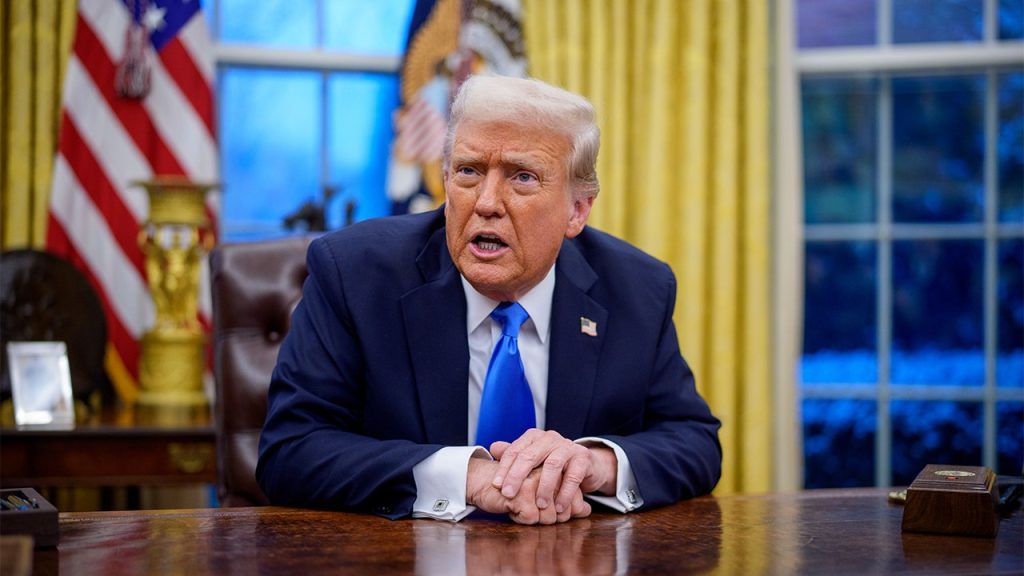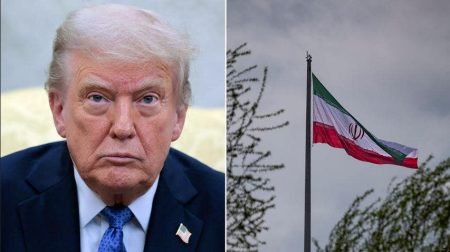The Ninth Circuit Court of Appeals Blocks Trump’sbirthright Immigration Ban
Escalating Legalbattle over birthright citizenship | Wednesday’s ruling in a major legal matter sets the stage for the Supreme Court to take a serious look at a contentious immigration issue. The Seventhراتيجic Court ruledWednesday that the Trump administration failed to demonstrate that it was “likely to succeed” on appeal, despite the court deciding the case in a 3-0 majority. The order to ban birthright citizenship was first introduced recently, but now the U.S. Supreme Court is about to hear the final case over its impact on the nation’s immigration system.
The executive order banning birthright citizenship was meant to clarify a constitutional issue. The 14th Amendment states that all U.S. citizens, regardless of their birthplace, are citizens of the United States. But in aCommentary, the Trump administration’s language substituted “naturalized in the U.S.” instead, effectively denying citizens born to illegal parents. The ruling rejected the administration’s interpretation, calling it inconsistent with the 14th Amendment and misleading the courts. This case became a blueprint for addressing debates over birthing rights in the U.S.
Despite efforts to stop the order, federal and state judiciary persists in legal battles. Two decades of court activity have resulted in millions of people suing the Trump administration, arguing that the banIntentions and enormous impact on the child-free population outweigh the legislation’s flaws. The administration has filed for emergency relief, and the Ninth Circuit Court of Appeals are poised to weigh the issue before the Supreme Court. The court’s decision would set the standard for interpreting similar laws moving forward.
The Ninth Circuit’s 3-0 ruling is a landmark move. Legal experts predict it will mark the beginning of the Supreme Court’s handling of birthright citizenship cases. The panel will consider whether the administration successfully established that its approach was both plain and precise. The ruling mirrors other high-impact cases, particularly those involving immigration and constitutional issues. The outcome has significant implications for debates over birthing rights and the future of the U.S.
The case raises important questions about immigration reform and constitutional limits on moral authority. The Trump administration’s approach suggests that the 14th Amendment’s guarantee of citizenship to individuals born in the U.S. must remain unchanged. The Supreme Court will decide whether such a law still stands. If granted, the ruling could guide future interpretations of constitutional principles in immigration contexts. The issue also underscores a deeper conversation about legal frameworks and their enforcement in the context of the Constitution.
The legal battle over birthright immigrationiciacy will remain ongoing long after the case is decided. The Ninth Circuit’s ruling today appears to final a pivotal moment in immigration reform, with the Supreme Court set to address it soon. The outcome of this case will likely influence decisions speeding up the 2024 election and advancing reforms to better protect constitutional guarantees for vulnerable populations. The case is a reminder of the complexities and challenges of interpreting the Constitution and shaping immigration laws in a legal enterprise.










